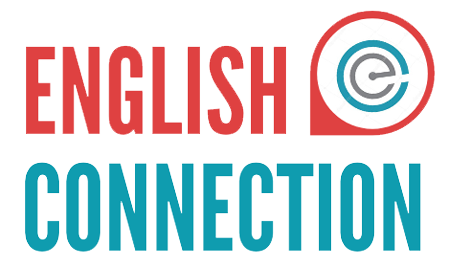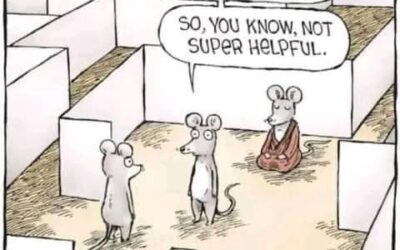
Fancy having a dessert in the desert? Only if you spell it correctly!
There’s a big difference between a desert and a dessert — much bigger than that little “s” in the middle! But how can you easily choose the right word?
Firstly, the pronunciation. They are almost homonyms but not quite! Check the phonemes of both words below:
Dessert – /dɪˈzɜːt/ – the stress is on the second syllable /ˈzɜːt/
Desert – /ˈdez.ət/ – the stress is on the first syllable /ˈdez/
Notice the stress change: the little apostrophe in the phonetics indicates that the syllable that follows it gets the stress.
While the picture is very obvious as to the meaning of each word, let’s have a look at the definitions nonetheless.
- desert – (n.) barren or desolate area; (v.) to leave or abandon
- dessert – (n.) typically sweet confection served at the end of a meal
Let’s Make it Fun to Remember the Difference between Desert and Dessert
So how can you keep these words straight? If you need a quick, intuitive way to remember the difference between desert and dessert, try out one of these tips.
- Feeling stressed? Desserts, which is stressed spelled backward, is much more helpful than a desert.
- You’re alone in the desert, just like the poor “s” in the middle of the word.
- What do you use to eat dessert? A “silver spoon” — double “s” like dessert!
The Multiple Meanings of Desert
Of the two words, desert is the only one that you can use as multiple parts of speech. It can be a noun, verb or adjective. Depending on the context, it can mean very different things and is even pronounced in different ways.
Desert as a Noun
The word desert is most commonly used as a noun. Its most common meaning is:
desert (n; DEH-zert) – a biome on planet Earth that is characterised by barren land and by a lack of water and plant life
The word desert comes from the Latin desertum, which means “an abandoned thing” or “a wasteland.” In this case, it can describe a large expanse of sand or ice (such as Antarctica) where hardly anything can grow. For example:
- We were dehydrated and sunburned by the time we crossed the desert.
- The Sahara is the biggest non-polar desert in the world.
- Many animals, including camels and lizards, have adapted to the harsh conditions of the desert.
Desert as a Verb
Desert can also be a verb. It comes from the Latin desertus, and means:
desert (v; deh-ZERT) – to leave or abandon those who depend on you
You’ll typically see this used in military or other official situations. Some examples of desert as a verb include:
- Paul swore that he’d never desert his family.
- The soldier was in trouble for deserting his post.
- Just because I changed my mind doesn’t mean I’ve deserted my values.
Desert as an Adjective
You can also use desert as an adjective, as in the phrase “desert island.” The adjective form means:
desert (adj; DEH-zert) – an area that is unoccupied or desolate
It’s based on the same Latin root as the other two meanings, which refer to an abandoned or lifeless place. Example sentences include:
- Our lifeboat washed up on a desert island in the Pacific Ocean.
- The severe drought left the riverbed looking like a desert wasteland.
- We looked up and down the desert beach for survivors.
Desert can also be used as an adjective in the form deserted. For example, “This place is deserted” or “You deserted me.”
What about you? Do you have a pair of confusing words that you want to clarify? Why don’t you share them with me and the English Connection community in the comments section below!
These bitesize mini-lessons are given to you complimentary when you sign up and join the English Connection community.






0 Comments